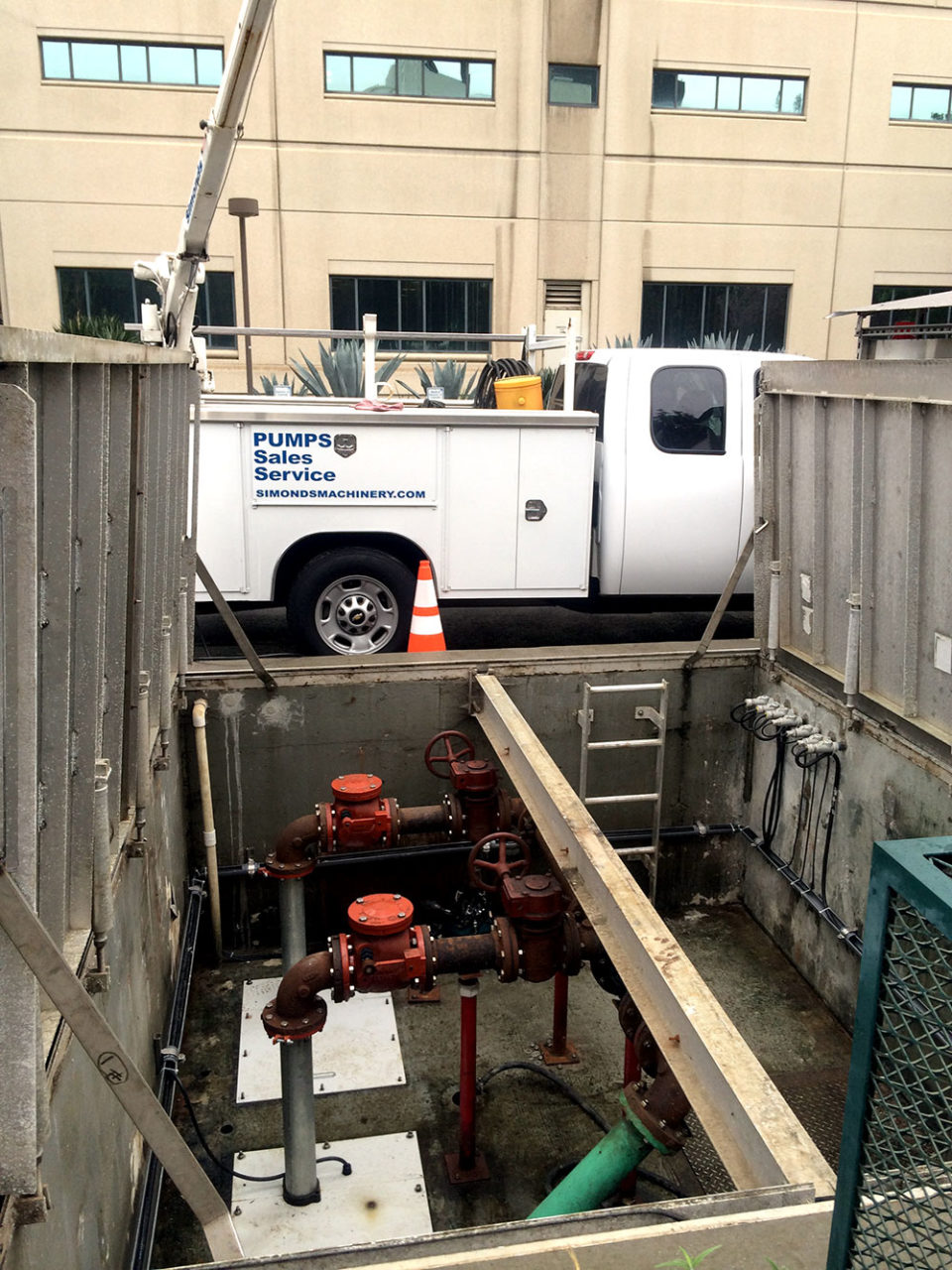Cutting-Edge Water Filtration Systems: Promoting Healthier Living Environments
Comprehending the Secret Parts of Effective Water Filtering Solutions

Significance of Water Purification Systems
Water filtering systems play a vital function in making sure access to clean and secure drinking water by effectively removing impurities and pollutants. These systems are necessary in resolving the growing concerns over water top quality and the prospective health and wellness risks associated with eating polluted water. By using various purification systems such as reverse osmosis, triggered carbon, and UV sterilization, water purification systems can successfully remove damaging compounds like bacteria, infections, heavy metals, and chemicals from the water supply.
In addition, water purification systems aid to boost the preference and smell of water by getting rid of chlorine, sediments, and other pollutants that can influence its high quality. Water Treatment. This enhancement in water top quality not just makes it much more tasty but likewise urges individuals to consume an ample amount of water daily, promoting far better hydration and overall health and wellness
Types of Filtration Parts

Physical filters are made to literally strain out contaminations from the water. These filters can be made from products like ceramic, carbon, and even sand, and they work by trapping bits larger than the filter's pores as water travels through.
Chemical filters use different chemical procedures to remove impurities from the water. Examples include turned on carbon filters, which adsorb pollutants, and turn around osmosis membrane layers, which use stress to different pollutants from the water.
Organic filters make use of living organisms like germs or algae to break down raw material and contaminants in the water. These filters are commonly used in wastewater treatment plants or all-natural water filtration systems.
Comprehending the various kinds of filtration elements is crucial for selecting one of the most ideal water purification system for specific filtration requirements.
Function of Debris Filters
Debris filters play a critical duty in water purification systems by effectively recording strong fragments suspended in the water. These filters are generally the very first line of defense in a filtration system, eliminating larger particles such as sand, silt, dirt, and rust before the water relocates with finer filtering stages. By trapping these sediments, the filters avoid them from getting to downstream parts, thus extending the life expectancy and performance of the whole system.
The feature of debris filters is vital in preserving water top quality and shielding delicate devices from damage triggered their explanation by debris. In addition, by eliminating visible bits, sediment filters enhance the quality and preference of the water. Consistently cleaning up or replacing debris filters is important to make certain optimum efficiency. Overlooking this upkeep can lead to clogging, lowered water circulation, and compromised filtration efficiency. Overall, debris filters are vital elements that contribute considerably to the performance of water purification systems.
Function of Activated Carbon Filters
Playing an important function in water filtering systems, triggered carbon filters are critical in eliminating pollutants and pollutants from the water supply. As water passes with the filter, the triggered carbon holds and attracts onto the impurities, guaranteeing that the water that comes out on the other side is cleaner and safer for consumption.
Activated carbon filters are highly effective at improving the taste and odor of water by decreasing chemicals that can affect its quality. They are likewise with the ability of eliminating specific hefty steels like lead and mercury. Additionally, these filters can help avoid the accumulation of microorganisms and algae in water, additional enhancing its total top quality. Because of their flexibility and reliability, turned on carbon filters are a crucial element in ensuring that water is detoxified to the greatest requirements prior to getting to consumers.
Understanding Reverse Osmosis Equipments
Reverse osmosis systems are Look At This advanced water purification systems that utilize an innovative process to remove impurities and pollutants from drinking water. These systems function by using pressure to the water, requiring it through a semi-permeable membrane. This membrane acts as an obstacle, permitting only pure water particles to travel through, while obstructing larger particles such as minerals, chemicals, and other impurities. Because of this, the water that comes out on the various other side is dramatically cleaner and much safer for intake.
One key advantage of reverse osmosis systems is their ability to get rid of a large range of impurities, consisting of heavy steels, liquified bacteria, infections, and solids. This makes them extremely reliable in improving the general quality and security of alcohol consumption water. Furthermore, reverse osmosis systems are reasonably low-maintenance and can be installed under the sink or in a main filtration system, providing practical accessibility to clean water throughout the home. Generally, understanding how reverse osmosis systems work can aid people make informed decisions regarding their water filtration requirements.
Conclusion
In final thought, efficient water filtration systems are crucial for making certain secure and clean alcohol consumption water. By comprehending the function and function of each part, individuals can make enlightened decisions when picking a water filtration system.
Water filtering systems play an important duty in guaranteeing accessibility to clean and risk-free alcohol consumption water by efficiently getting rid of impurities and pollutants. By next page making use of different purification mechanisms such as reverse osmosis, triggered carbon, and UV sterilization, water filtration systems can successfully eliminate harmful compounds like bacteria, viruses, hefty metals, and chemicals from the water supply.
Sediment filters play a crucial function in water filtering systems by effectively capturing strong particles put on hold in the water (Pump repairs & installation).Playing a vital duty in water filtering systems, turned on carbon filters are important in getting rid of impurities and contaminants from the water supply.Reverse osmosis systems are sophisticated water purification systems that utilize an innovative procedure to remove pollutants and contaminations from drinking water